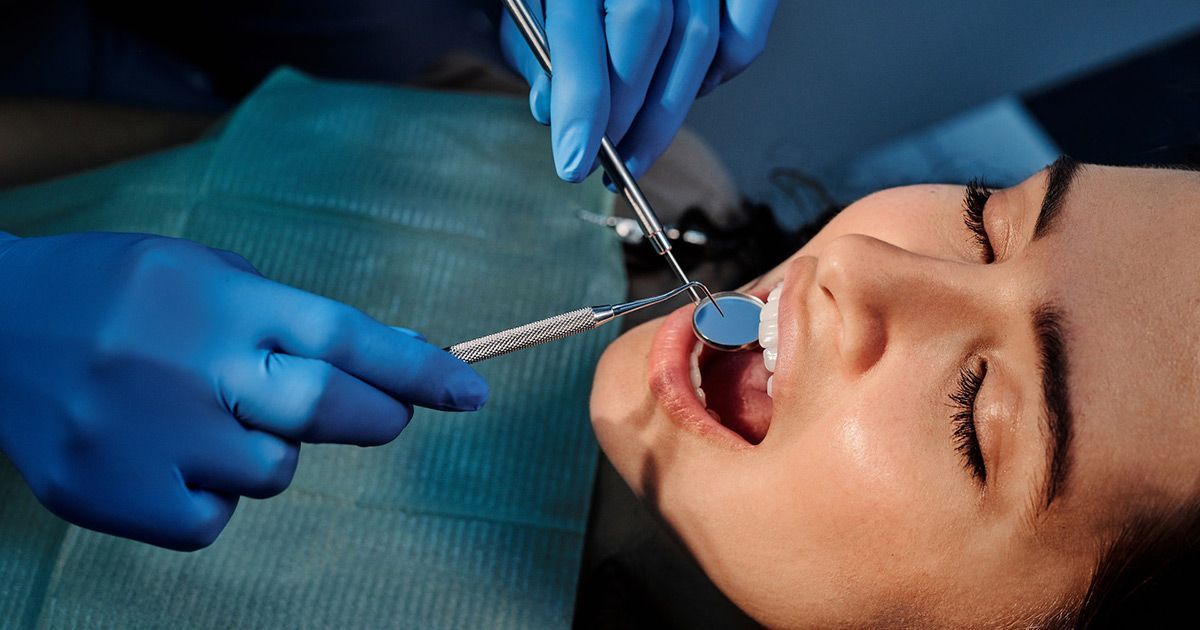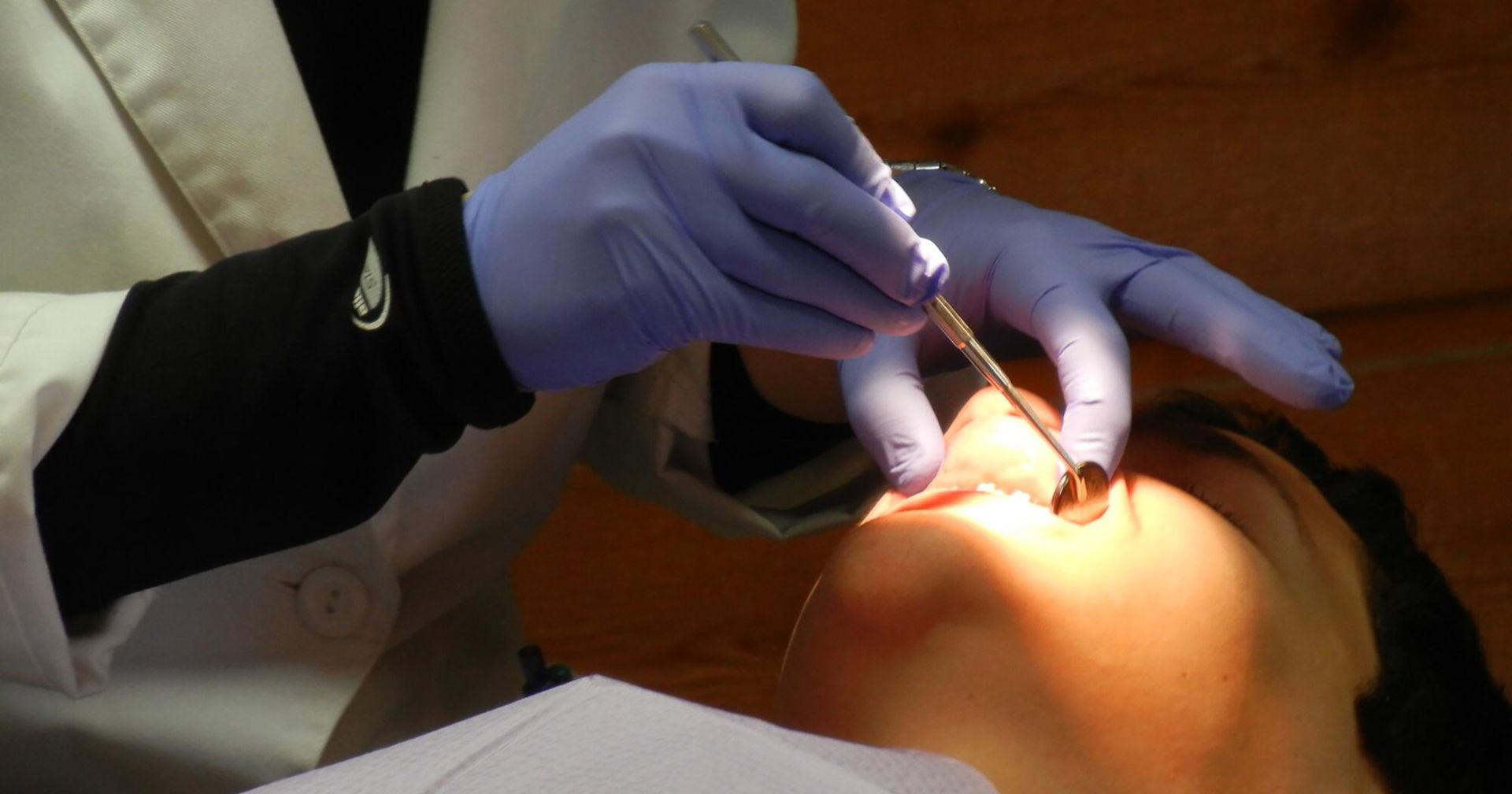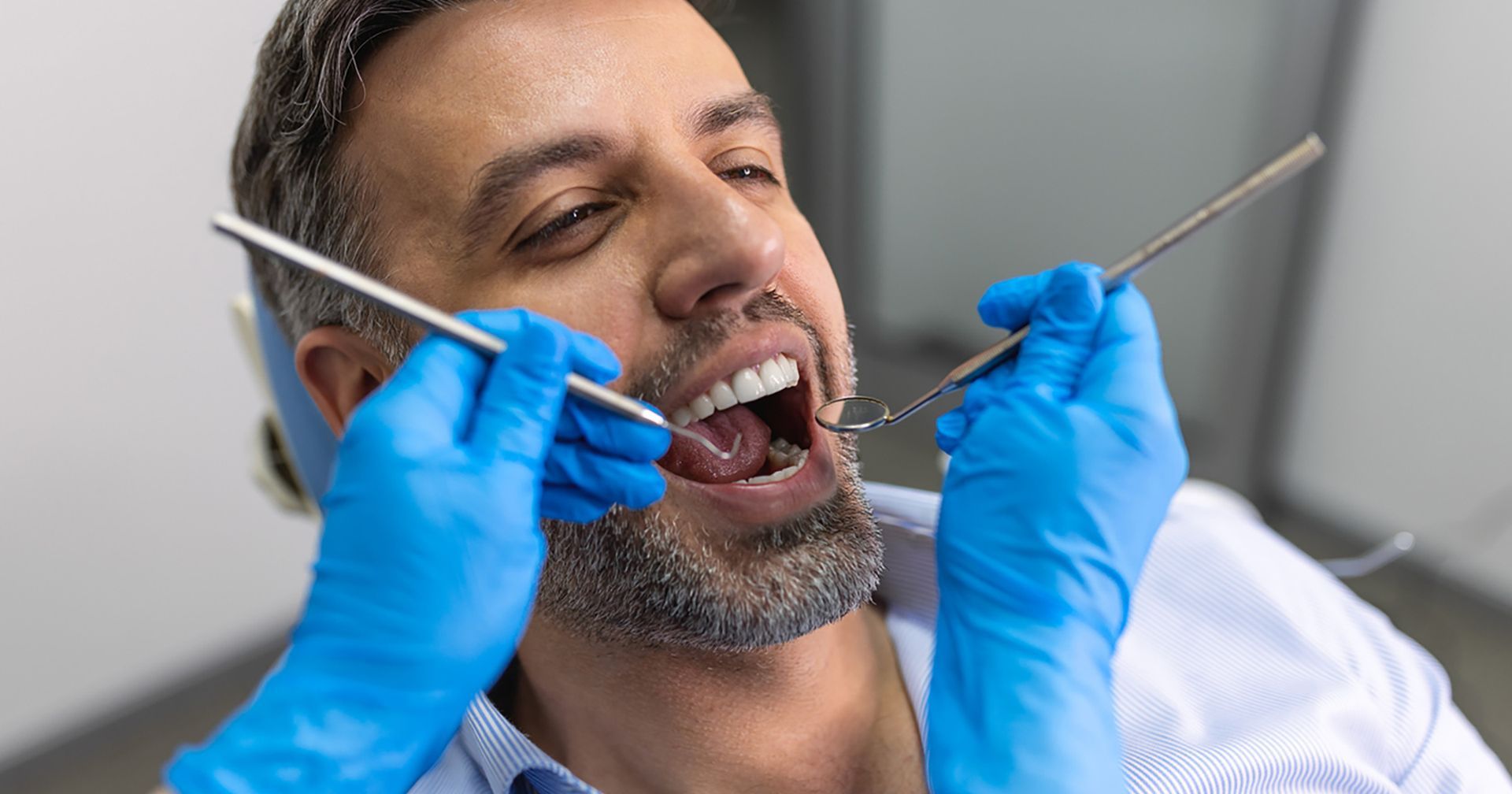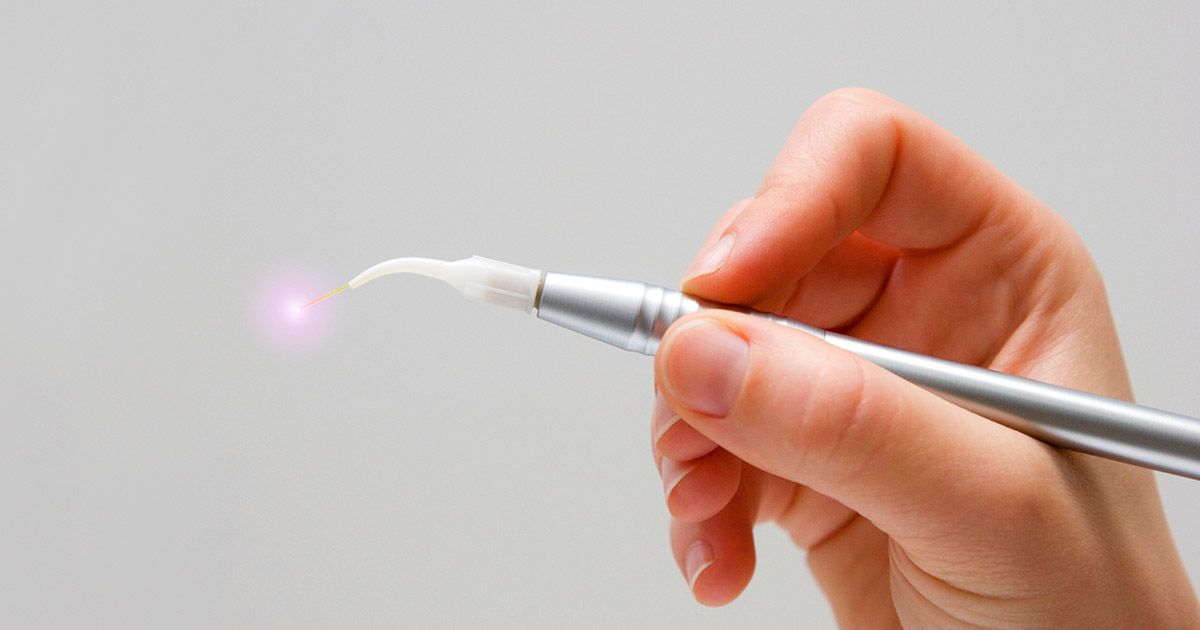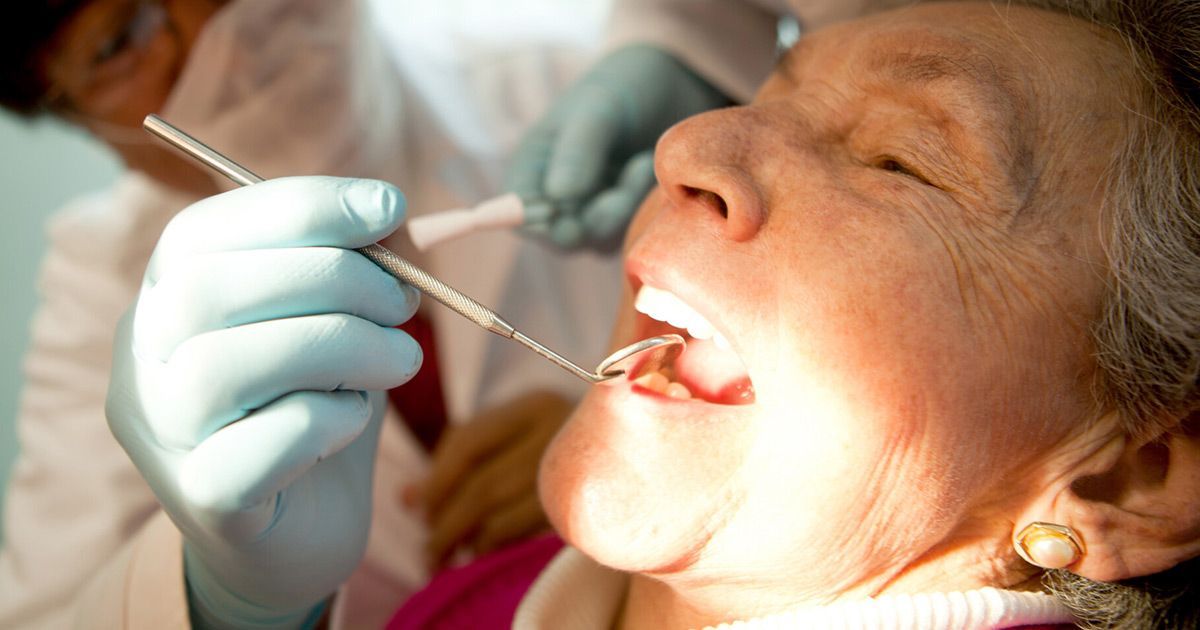If the question "Why are my gums swollen?" is giving you anxiety, it's time to visit your dentist for answers. This guide will also help.
It may surprise you to learn that approximately 3.5 billion people across the world suffer from oral health diseases. Although many issues aren't severe, certain problems can indicate underlying complications.
For example, someone might wonder "why are my gums swollen" out of concern that it could lead to something worse. Let's look at this topic below so you know when to visit a dentist in Columbia MD.
What Do Swollen Gums Mean?
Swollen gums are one of the most common symptoms of the early stages of periodontal disease.
You might also notice bleeding gums. Unfortunately, your gums won't swell for no reason, so there's likely a problem that you need to take care of.
Why Are My Gums Swollen?
There are a handful of different causes behind swollen gums. Gingivitis or periodontitis is often the culprit.
When it comes to gingivitis vs. periodontitis, the former simply refers to inflammation of the gums. The latter is gum disease, which comes with much more severe complications.
For example, gum disease could lead to gum recession or bone loss. Gingivitis occurs when plaque builds up on your gums and teeth. Eventually, this can turn into tartar, which is a hardened form of plaque.
Pregnancy is another common reason behind swollen gums. When someone is pregnant, their hormone levels can change drastically.
This may weaken the body's ability to fight against bacteria in the mouth. As a result, the gums can become inflamed.
A mouth infection can also lead to swollen gums. For example, a
gum abscess could cause localized gum swelling in one part of the mouth. Keep an eye out for issues like these so you can take action when appropriate.
Finally, your gums may simply be swollen from flossing and brushing too hard. Keep in mind that using extra pressure during these actions doesn't get great results.
When brushing your teeth, softly use circular motions. When flossing, you should slide gently slide the floss along the curve of your teeth.
When to Take Action
If your swollen gums don't resolve on their own in a few days, you should consider treatment options. The worst thing you can do is neglect this issue for a long period of time.
If the problem is truly minor, it will fix itself. Chronic gum swelling is a sign of something more serious that you need to handle. Left unchecked, you could find yourself dealing with severe health issues that cost thousands of dollars in medical care to resolve.
Treatment Options
In many cases, swollen gums require some form of treatment to remedy. Although it's possible that they may simply go away on their own, you should pursue certain courses of action. Listed below are some of the most notable.
Immediate Treatment
Immediate treatment options are those you can perform at home. Rinsing your mouth with salt water is a great way to get rid of excess bacteria contributing to the swelling.
You can also apply warm or cold compresses to reduce gum pain and swelling. Avoiding tobacco and alcohol can also help you keep the swelling in check. Finally, drinking plenty of water can help increase saliva production.
Medical Treatment
Medical treatment is most appropriate for severe cases. You should also consider medical treatment when home remedies aren't effective. Common forms of medical treatment include medicated mouthwash/toothpaste, root planing, and antibiotics.
Minor cases likely won't need this form of treatment, and you can often resolve them with immediate treatment options. Severe cases of swollen gums (especially if you neglected to treat them for weeks or months) typically do. In the event that you need medical treatment, it's crucial to
work with the right professional.
This will ensure that you get the best possible results and avoid complications in the future.
Finding a Dentist
When searching for a dentist, consider their reputation in the industry. Finding someone with plenty of experience and positive feedback is in your best interest. Looking through client testimonials can go a long way when it comes to finding the ideal candidate.
Consider the type of insurance companies they work with, as well. Reputable dentist offices often take most forms of insurance. The last thing you want is to encounter financial surprises after your treatment.
If you're having trouble getting started, consider asking friends or family members if they've had to receive similar treatment. Swollen gums are fairly common, so there's a good chance you know somebody who had to find a reputable dentist. Of course, you should ensure that they are
properly accredited.
Check to see if they're a member of the American Dental Association (ADA), as these professionals are held to high standards of ethics and care. Taking a visit to the office is also recommended.
Pay attention to how the staff greets you, how the office operates, etc. If you notice any red flags, don't ignore them. Unless you require emergency treatment, it's worth taking the extra time to find the ideal professional.
Take Action ASAP
The longer you wait after you notice signs, the more likely you will encounter issues with your oral health. Consider the above information when answering "why are my gums swollen" so you can take the appropriate action. It could mean the difference between whether or not you get help when you need it.
Reach out to us today at Smile Savers Dentistry. Our team of professional staff can help get you back on track as soon as possible.
Our Primary Service Areas
Content Reviewed by
Website designed and maintained by Xpress, INC
All Rights Reserved | Smile Savers Dentistry


